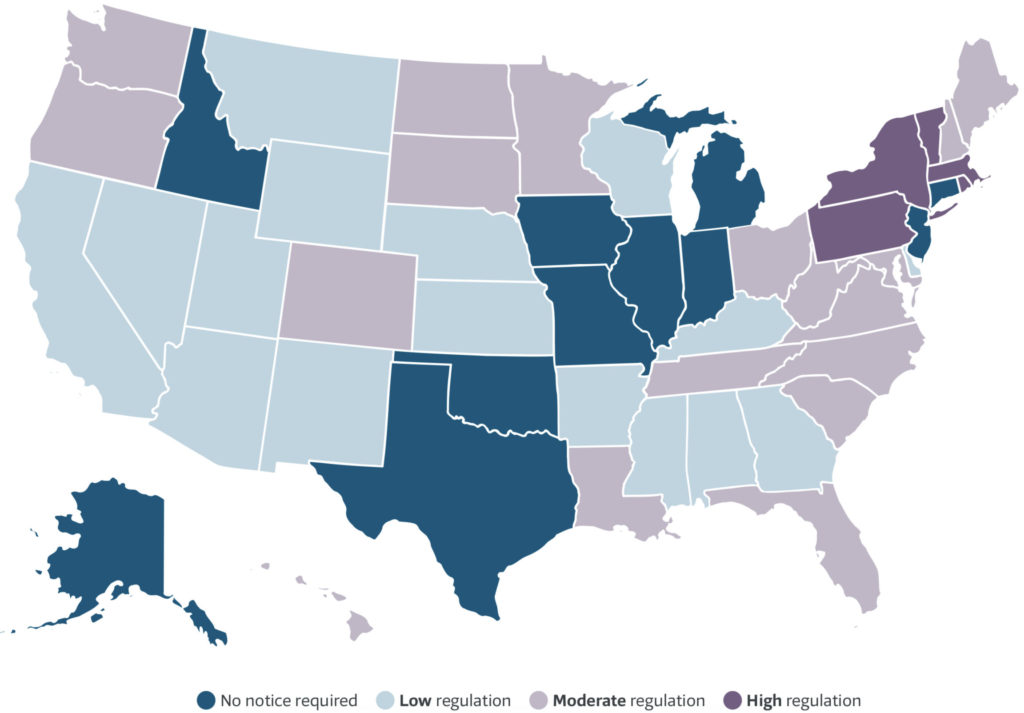Thinking about home-schooling in the fall for the very first time? You’re not alone—so many families have been trying to sign up for home school in North Carolina that the website crashed. COVID-19 cases are still rising, and reopening schools sounds riskier every day. But first you have to figure out how to teach your kids, what to teach them, and where to go for help. And you have 4-8 weeks to do it.
I’ve been home-schooling my oldest son for a year now, and I know how overwhelming it is to think about curriculum choices, pedagogical styles, and supplies. But let me tell you—if you only have a month or two to prepare for your home schooling journey, the time to act is now. Your new top priorities:
- Inform your state that you’ll be setting up a home school.
- Get a curriculum together.
- Try to relax. Your kid will turn out fine!
If you’re still trying to figure out what will be best for your child in the next school year, we have a guide for that, too.
Get signed up for home school
Sign up? For school in my own house? That’s right. If you suddenly stop sending your kids to school, your state will probably assume your kids are truants. (Truancy laws vary by state but truancy violations can lead to fines or even jail time.) So as a parent, you have to declare that you intend to home-school. These declarations also vary by state, city, and even by school district.
Here in Tennessee, declaring intent to home-school consists of:
- Registration with the local school board
- Submitting proof of a high school diploma or GED
- Maintaining and submitting attendance records
- Submitting proof of vaccination
Some states require that you register your home school within 15 days of withdrawing your child from public or private school. So this isn’t one of those administrative tasks to ignore or delay. Your own state probably has a guide to home school registration on their Department of Education website.
The home school advocacy group Home School Legal Defense Association has an interactive map with guides to home school laws in each of the United States.

Umbrella schools can simplify registration
If your state’s laws are very complicated, or if you just want an easier way, I suggest finding an umbrella school that suits you. An umbrella school charges a nominal fee every year to deal with the government on your behalf. Umbrella schools exist to figuratively hold your hand through the process and help keep your home school legal.
My family uses Aaron Academy as our umbrella school. For $80 per year, they provide us with the forms we need and let us know if we do something wrong. We submit our curriculum choices, attendance records, and grades every year. When it’s time for standardized testing, they let us know and help coordinate all of that. It’s money well spent. Aaron Academy is a pretty well-established institution. (Taylor Swift is an alum!)
Now, a word of warning. Aaron Academy is unabashedly Christian—the Bible is a required subject—but no one is looking over our shoulder demanding to know what we teach. Another option used by some home-schooling friends of ours is The Farm School, which is more free form. But again, you have the freedom to teach pretty much as you see fit in any case.
To be honest, I don’t think the umbrella program you sign up with matters that much. Home-schoolers are fiercely independent, and whatever umbrella program you choose will likely interfere as little as possible. But I do think it’s good to sign up through one. Umbrella schools give you a shield and save a lot of headaches. We went with Aaron Academy because the principal took a great deal of her day on very short notice to patiently answer all the questions we had. Above ideological concerns, you want an umbrella program that has your back.
Decide on a curriculum
Signing your kids up is easy. The hard part comes next: deciding on what curriculum you’ll use for the next school year. I can’t offer many specific suggestions since what you choose will depend on your child’s age, aptitudes, state requirements, and your umbrella program’s requirements.
I will suggest two things:
- Try to buy used when you can—eBay is a great resource.
- Don’t be afraid to dump a curriculum that isn’t working.
In our state and umbrella school, we can choose pretty much whatever curriculum we want as long as we submit a curriculum list at the start of the school year. We’re encouraged to switch it up if something doesn’t work, and we’re not required to notify Aaron Academy if we change any curriculum.
For example, we bought a handwriting curriculum for my son last year that he grew completely bored with after a few weeks. So instead, I wrote out words for him every day to copy. It was much closer to his ability level, and I could tailor the words of the day to his interests and other subjects we were studying. When we studied continents, I had him practice writing them out.
Curriculum resources for first-timers
An indispensable resource for curriculum reviews is Cathy Duffy, who reviews pretty much everything on the market. However, the list of possibilities can be overwhelming. There are thousands of choices in the home-schooling universe, and there’s no “silver bullet” solution. Cathy marks her top choices in each subject with an apple for easy scanning. Just choose a subject, look at her top choices, and it’s hard to go wrong.
Without endorsing any particular programs, here’s a list of popular home-school curriculum you can look into to get started quickly:
- All About Learning Press
- Rainbow Resource
- Saxon Math, a very popular math curriculum for kids who have strong math skills.
In any case, you may not be all that happy with your first choices, and that is perfectly okay. As you work with your children, take into account what sort of learners they are, and try to find curriculum that works for them. That’s the blessing and curse of home-schooling: the choice is all yours.
I also strongly recommend what are known as unit studies, which are less textbooks themselves and more like lists of other books to read. Two popular ones we like are Cantering the Country and Galloping the Globe. The former focuses on the United States, while the latter focuses on the world. They cover geography, history, and science, which can really simplify your curriculum lists, and they’re flexible enough to use with a kindergartener or a high-school student.
There are also plenty of good resources on the Internet. In our house, we like education.com and Teachers Pay Teachers, both of which offer quick resources for free or very cheap.
Take a deep breath
I know this is all overwhelming, especially when you feel rushed by a global pandemic, the economy, and larger confusion and panic in the news. That’s why it’s good to be gentle with yourself. You’re going to have good days and bad days, but what’s important is that your children show even just a little progress every day.
Do you want to know a dirty little secret of the home-schooling world? Most homeschool parents find that home school is even more efficient than public school. It’s not unusual for a home school parent to spend just a couple of hours a day instructing their kids, only to find that their kids are far ahead of where their public school counterparts are. Study after study has demonstrated this.
We are in the middle of a very scary global pandemic, and you’re trying to do what’s best for your family. Take a deep breath, take care of yourself, sign up for home-schooling, and do the best you can.

You are reporting the comment """ by on